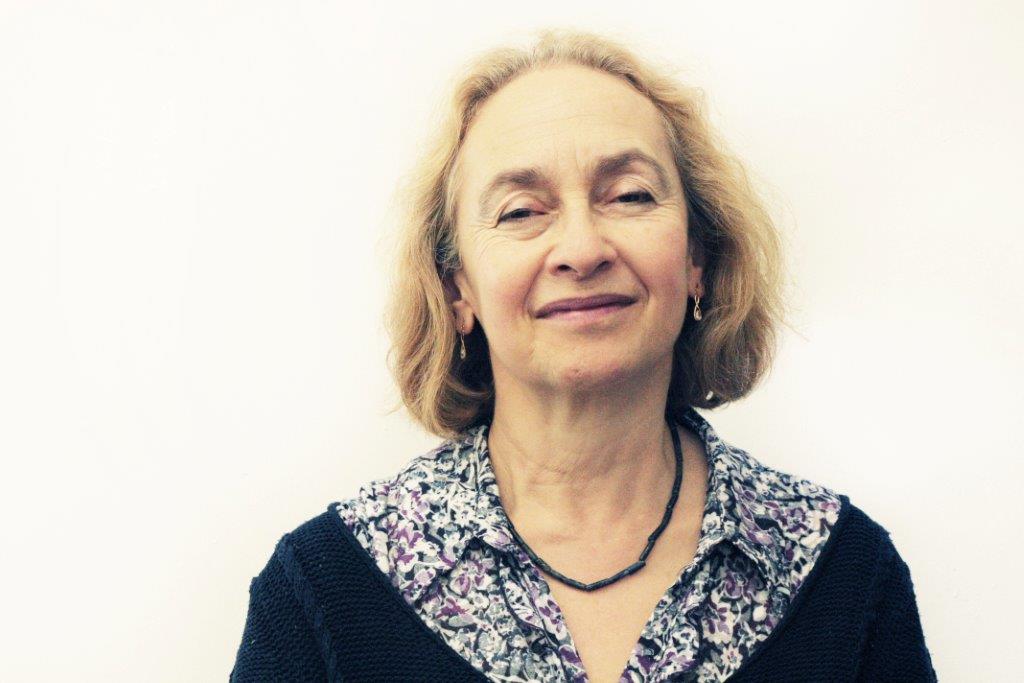In this interview, we asked a few questions to Dr Jane Williams, the McDonald Professor in Theology at St Mellitus College. Most theologians who have shaped the Christian faith would have shared Evagrius’ view that prayer and theology are not separable; but they would also often have assumed that women mystics are pray-ers but not theologians.
Dr. Jane Williams together with well-known practitioners of prayer and theology will lead a six-talk series on their favourite women mystics – Women Mystics series starting 8 May. Hildegard of Bingen, Catherine of Siena, Julian of Norwich, Teresa of Avila, Therese of Lisieux and Evelyn Underhill each in her own way lived profoundly from the reality of God, encountered in prayer. Each wrote for their own time and to deepen and test their own experience and practice of living with and for God, but their advice about and descriptions of what they learned have provided maps to the pathways of the spiritual life for all succeeding generations.
In a few words, can you tell us how you got in touch with the world of meditation?
“This started off as in intellectual interest, as I worked on Christian Mysticism in various forms. My personal practice of meditation was enabled by Speaking in Tongues. I found that taught me the importance of acknowledging that we are not in control as we come to God. It also made me hungry for a more receptive, still approach to prayer and to God.”
In what way, women mystics such as Julian of Norwich and Hildegard of Bingen can be seen as prayers and not theologians?
“Julian, in particular, has often been seen primarily as a ‘prayer’, and as someone who speaks primarily effectively, from her experience, without thinking through the theological implications of what she is saying. I want to argue that that is an untrue description of Julian, and of other ‘mystics’. The dichotomy between prayer and theology is not a truthful or helpful one.”
Curious to learn more?
Curious to hear more? Register for the Women Mystics series starting on 8th May. The speakers who will introduce each ‘mystic’ are all themselves practitioners of prayer and theology. They will lead us through the very different contexts and styles of these fearless women of God, and help us to see both similarities and differences in approach.




